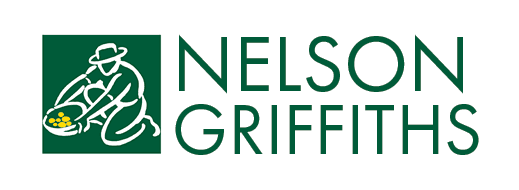Development of scoreable application forms
With increasing numbers of applicants, and with a search for greater efficiency and effectiveness, many major recruiters now require candidates to make their application through a internet-based platform - an "ATS".
These are often quite general in their information capturing, but many can be tailored to allow the recruiting organisation to ask questions - and score them - that reflect the specific skills they require of their employees.
The Background
We were asked by well-known graduate recruiter to develop a scoreable application form, using an existing web-based candidate communication platform provided by a third party. The recruitment manager wanted the form to automatically score competency and other "biographical" factors to facilitate selection for first-round interviews.
What we did
Through discussion with the recruitment manager, the key competencies and other requirements were finalised. The application platform allowed a range of response types (multiple-choice, tabular etc) so the candidate selected a response from a list of possibilities.
For scoring competencies, the candidate was asked to think about and describe a situation they had met, and then select from a list of possible responses the ones that were closest to the ones they displayed. The choices were reflections of the behavioural indictors for that competency (positive and negative). These were automatically scored. This approach simulated a CBI, and didn't just request a theoretical response to a "what would you do in this situation?" question.
For the scoring of other key factors (eg work experience or ability in foreign languages) a range of experiences were described in a table (eg the significance of the experience against its duration), and again the candidate selected the appropriate response.
Scores for the competency questions and for the "experience" questions were separately accumulated, to provide the 2 scores that were used for selection for interview.
Present graduate incumbents were asked to complete the questionnaire, and this provided confidence in the process and the results.
The Outcome?
To further refine the process, scores from the application forms were matched with the scores achieved at the first round interview, and significant correlations noted. In later years the questions were changed and adapted to provide increasing correlation.
The process allowed automatic scoring of the candidates' application forms, removing a massive volume of form-reading that was necessary before, and maintaining the quality of the graduates invited to interview.
